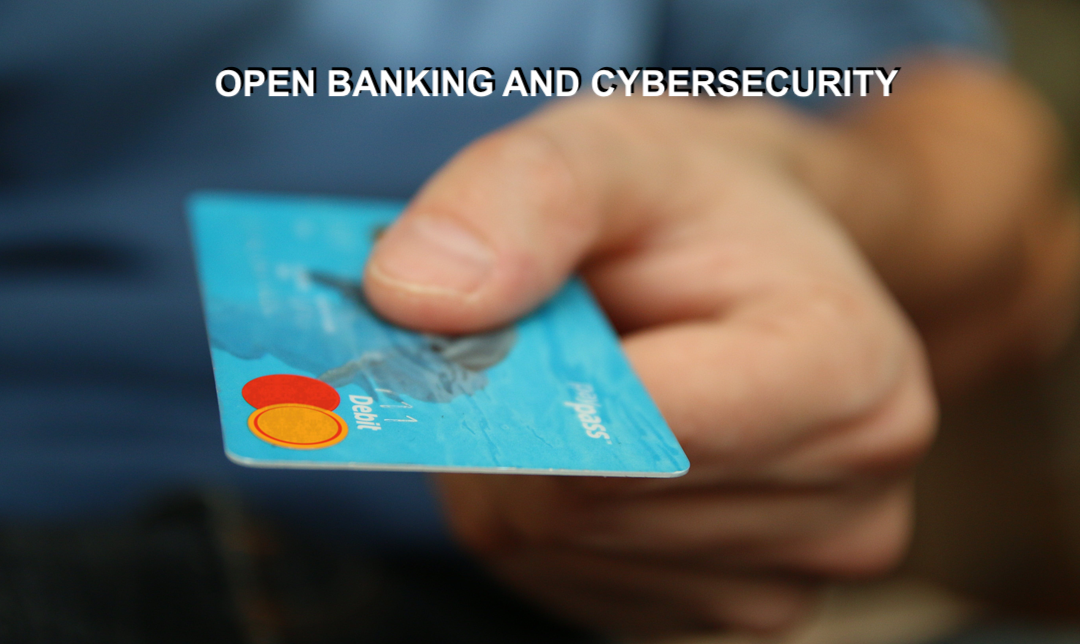
Europe has always been at the forefront of innovation, and its approach to open banking is no exception. With the introduction of regulatory frameworks and the rapid adoption by banks and fintechs alike, the continent is setting a standard for how open banking can transform the financial landscape. In this comprehensive exploration, we delve into the origins, current status, and future potential of open banking in Europe, with a focus on cybersecurity.
What is open banking?
Open banking refers to opening up traditional banking and financial services to external parties, typically through the use of application programming interfaces (APIs).
The Beginning: Regulatory Push and Market Needs
The roots of open banking in Europe can be traced back to the Revised Payment Service Directive (PSD2). Introduced by the European Union in 2015, PSD2 was a landmark regulation that required banks to provide third-party providers (TPPs) with access to accounts of their customers through Application Programming Interfaces (APIs). This was done primarily to boost competition in the banking sector, enhance consumer protection, and foster innovation.
From a market perspective, there was a growing need to break the traditional banking mold. Consumers demanded more control over their financial data and sought services that were tailored to their individual needs. The advent of fintech companies, equipped with digital-first approaches, meant that they could fill this gap, provided that they had the necessary access to all relevant data. PSD2, thus, was the bridge that connected this demand with the supply.
Current Plan: Integration, Expansion, and Cybersecurity
Following the regulatory mandate, there was an initial hesitancy among traditional banks. The concerns were manifold: potential loss of customer base, security issues, and the logistical challenges of creating open APIs. However, as the benefits became evident, banks gradually warmed to the idea. Many even started forming partnerships with fintechs to leverage their technological prowess and create better customer-centric solutions.
Today, open banking payments have become commonplace. These payment methods allow for direct bank-to-bank transactions, bypassing the traditional card networks. Such payments are not only faster but also often cheaper, benefiting both merchants and consumers. An increasing number of retailers and service providers are integrating open banking payments as a preferred checkout option, realizing its potential to offer a seamless and cost-effective transaction experience.
Beyond payments, open banking has revolutionized various areas:
- Personal Financial Management: With access to multi-bank data, consumers can use tools that give them a holistic view of their finances, helping them budget, save, and invest more efficiently.
- Lending: Lenders can get real-time access to a potential borrower’s financial data, making the credit assessment process quicker and more accurate.
- Wealth Management: Investment advisors, with a comprehensive view of a client’s financial portfolio, can offer more tailored advice, ensuring better returns.
Companies like Noda are harnessing open banking to create innovative solutions, ensuring the best outcomes for consumers and businesses. In this era of open banking, cybersecurity measures are paramount to safeguard consumer data from potential breaches.
The European Difference: Collaborative Approach
What sets Europe apart in its open banking journey is the collaborative approach adopted by stakeholders. Rather than viewing it as a competition, banks, fintechs, and regulators have come together to ensure that the transition is smooth and beneficial for all.
Industry forums and consortiums have been established where best practices are shared. Standardization initiatives ensure that there is uniformity in the APIs being developed, leading to better interoperability. Joint innovation labs and incubators have been set up where new ideas are tested and refined.
Future Potential: Beyond Banking
While open banking has already made significant inroads, the journey is far from over. The next phase, often termed ‘open finance’, aims to extend the principles of open banking to all financial services. This includes insurance, pensions, mortgages, and more. The goal is to create a unified financial ecosystem where data flows freely (yet securely), leading to better products and services for consumers.
Additionally, there is real potential for cross-border open banking services. While currently, most open banking solutions are confined to national borders, there’s a growing push to create solutions that cater to a pan-European audience. This would be especially beneficial for businesses that operate in multiple European countries, offering them a uniform transaction experience.
Challenges Ahead: Security and Awareness
The road to a fully open financial system is not without its challenges. Data security remains a primary concern. With the increased flow of data, there’s a potential risk of breaches. That’s why financial institutions need to invest heavily in cybersecurity measures to ensure that consumer data remains sacrosanct.
Another challenge is that of awareness. A significant portion of the consumer base, especially among the older generation, remains unaware or skeptical about open banking. Concerted efforts are needed to educate consumers about the benefits and safety measures associated with open banking services.
Conclusion
Open banking in Europe is more than a regulatory mandate or a business strategy; it's a movement. It aims to democratize financial services, placing power in the hands of consumers. Considerable progress has already been made, but there is still a long way to go to make open banking widely accepted. With continued collaboration, innovation, and a strong focus on cybersecurity, open banking has the potential to redefine the financial landscape in Europe.
Share this post
Leave a comment
All comments are moderated. Spammy and bot submitted comments are deleted. Please submit the comments that are helpful to others, and we'll approve your comments. A comment that includes outbound link will only be approved if the content is relevant to the topic, and has some value to our readers.

Comments (0)
No comment